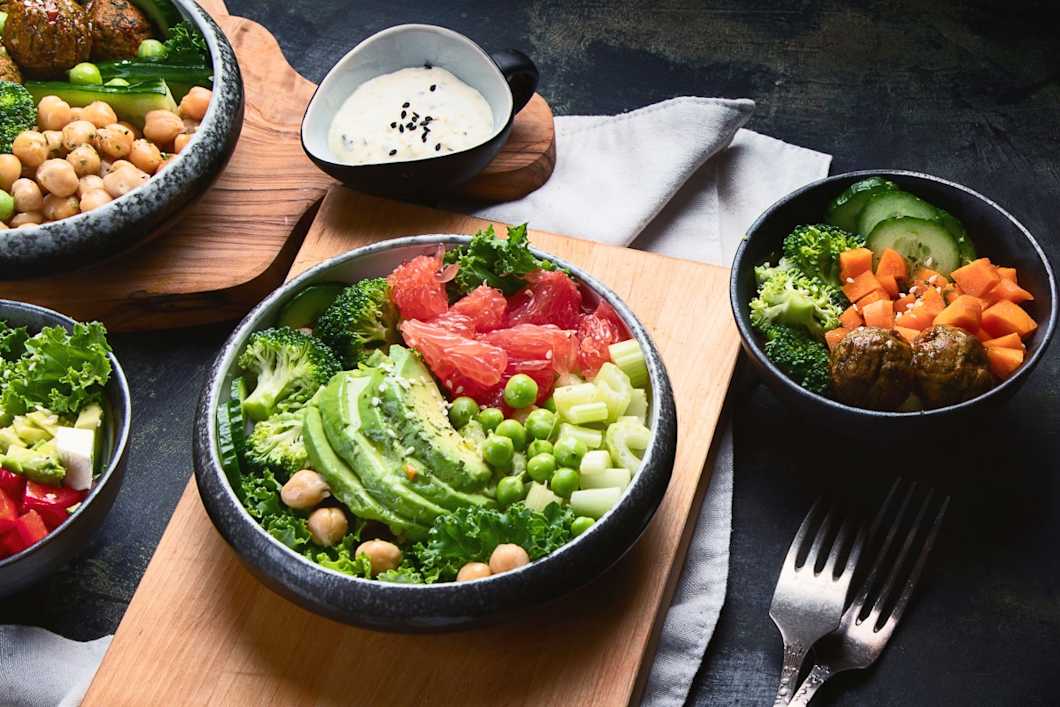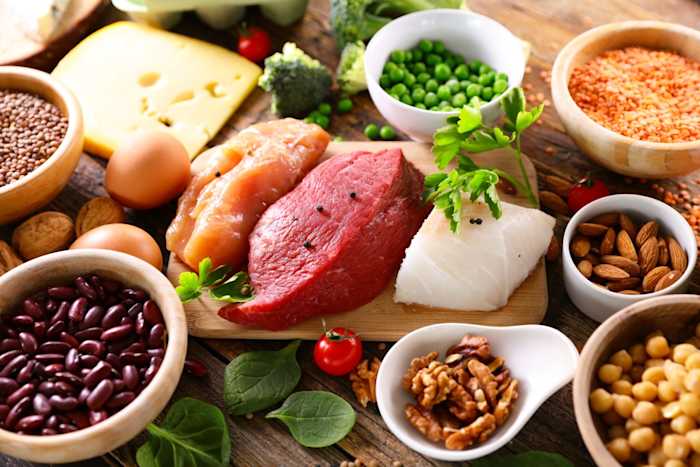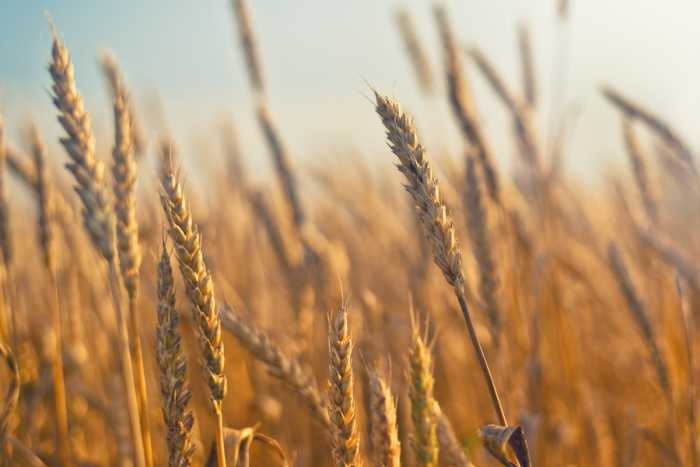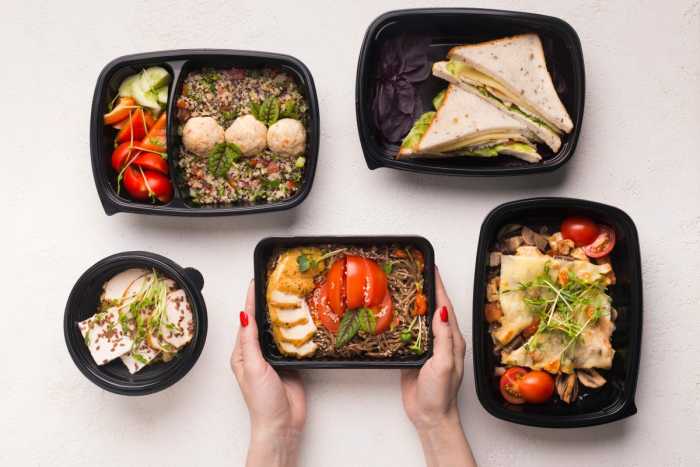Food testing services


Nutritional analysis
Regulation (EU) 1169/2011 requires nutritional information to be included on the label of most packaged foods. We provide laboratory testing to determine the nutritional content of solid and liquid food products in accordance with the regulation. Parameters included in the analysis are total fat, saturated fat, protein, carbohydrates, sugars, salt (sodium), and energy content. Dietary fiber can be included or excluded.
Similar analyses are also available for alcoholic beverages and pet food. We also offer vitamin analysis and mineral content determination, the results of which can be used to display accurate nutrient content according to EU food and supplement labeling rules.
Nutritional analysis of food (EU 1169/2011) (BIG 7)
Nutritional analysis of food (EU 1169/2011) (BIG 8 - including dietary fiber)
Nutritional analysis of an alcoholic beverage
Nutritional composition of feed and pet food
Prices excluding VAT.

Allergen testing
Regulation (EU) 1169/2011 requires information on potential allergens to always be displayed on food packaging, as this information is of utmost importance for consumer safety. Measurlabs offers allergen detection with the ELISA method, covering most allergens and intolerance-causing substances listed in the regulation:
Gluten (calculated based on gliadin content)
Crustaceans
Egg
Fish
Peanuts
Soya
Milk (beta-lactoglobulin, casein, total milk proteins)
Almonds
Hazelnuts
Cashews
Pistachios
Mustard
Sesame seeds
Lupin
Molluscs
Sulfite (and sulfur dioxide)

Contaminant analysis
Contaminants may end up in food at different stages of the production cycle, for example, as a result of polluted raw materials or harmful chemicals forming during the cooking process. Several EU regulations address food contaminants, including (EU) 2023/915, (EU) 2017/2158, and (EC) 396/2005. Testing should be performed on high-risk foods listed in the relevant regulations.
Some examples of our food contaminant screening services include the following:

Shelf life testing
Measurlabs offers shelf-life testing options for determining the expiration date of food, feed, and supplement products. Shelf life studies are designed on a case-by-case basis, and they may include a range of tests, such as microbiological analyses, sensory testing, water activity measurements, and pH determinations. Fat oxidation parameters, such as peroxide value and p-Anisidine value, should also be evaluated for relevant products.
Assessment of physical and chemical properies
The physical and chemical properties of food products, including raw materials, can have a significant impact on the quality of the final product, as well as the smoothness of the production process. Depending on the form that the product takes, relevant parameters to be assessed can include the following:
Rheology of "thick" liquids, such as honey and ketchup
Particle size distribution and flowability characteristics of powdery food ingredients
Osmolarity and osmolality of sports drinks and other products with dissolved ionic or molecular substances
Sorption kinetics and isotherms of food powders with dynamic vapor sorption
More extensive testing is required if a food product is likely to contain nanoscale particles or have properties on the nanoscale. For this, Measurlabs offers nanomaterial analyses according to EFSA guidelines.
Dynamic viscosity determination – rotary rheometer
Particle size distribution using dynamic light scattering (DLS)
Osmolarity measurement
Osmolality measurement
Prices excluding VAT.
Specialty food analysis services
In addition to the routine tests described above, Measurlabs provides a range of rarer food analyses. These include nitrosamine impurity screening, microplastics testing, nanoparticle analysis, and stable isotope analysis using the IRMS method. Examples of available tests include the following:
If you are interested in IRMS analysis for determining the authenticity and geographical origin of products other than honey, please contact our experts to discuss analysis options.
Request a quote
Fill in the form, and we'll reply in one business day.
Have questions or need help? Email us at info@measurlabs.com or call our sales team.
